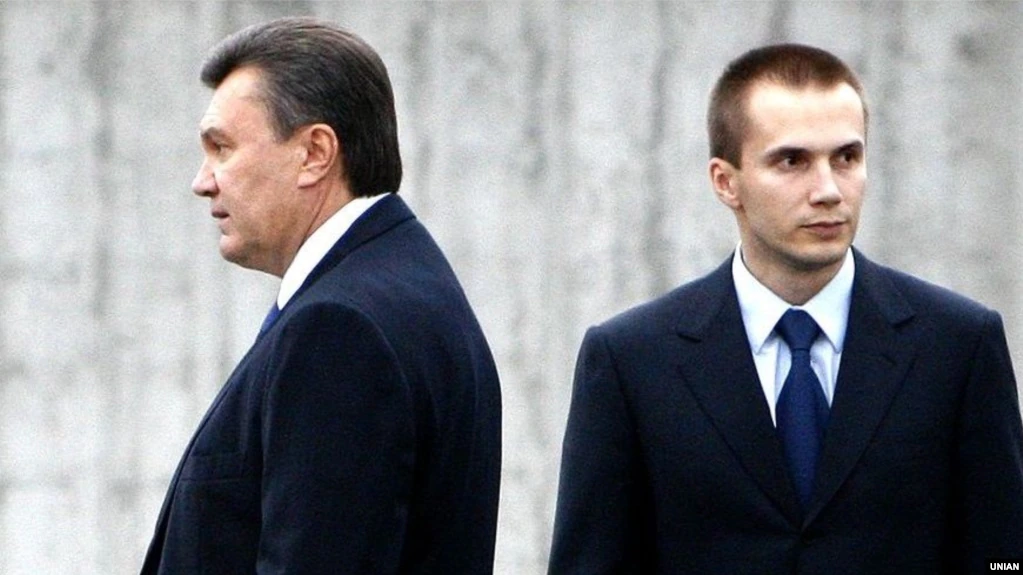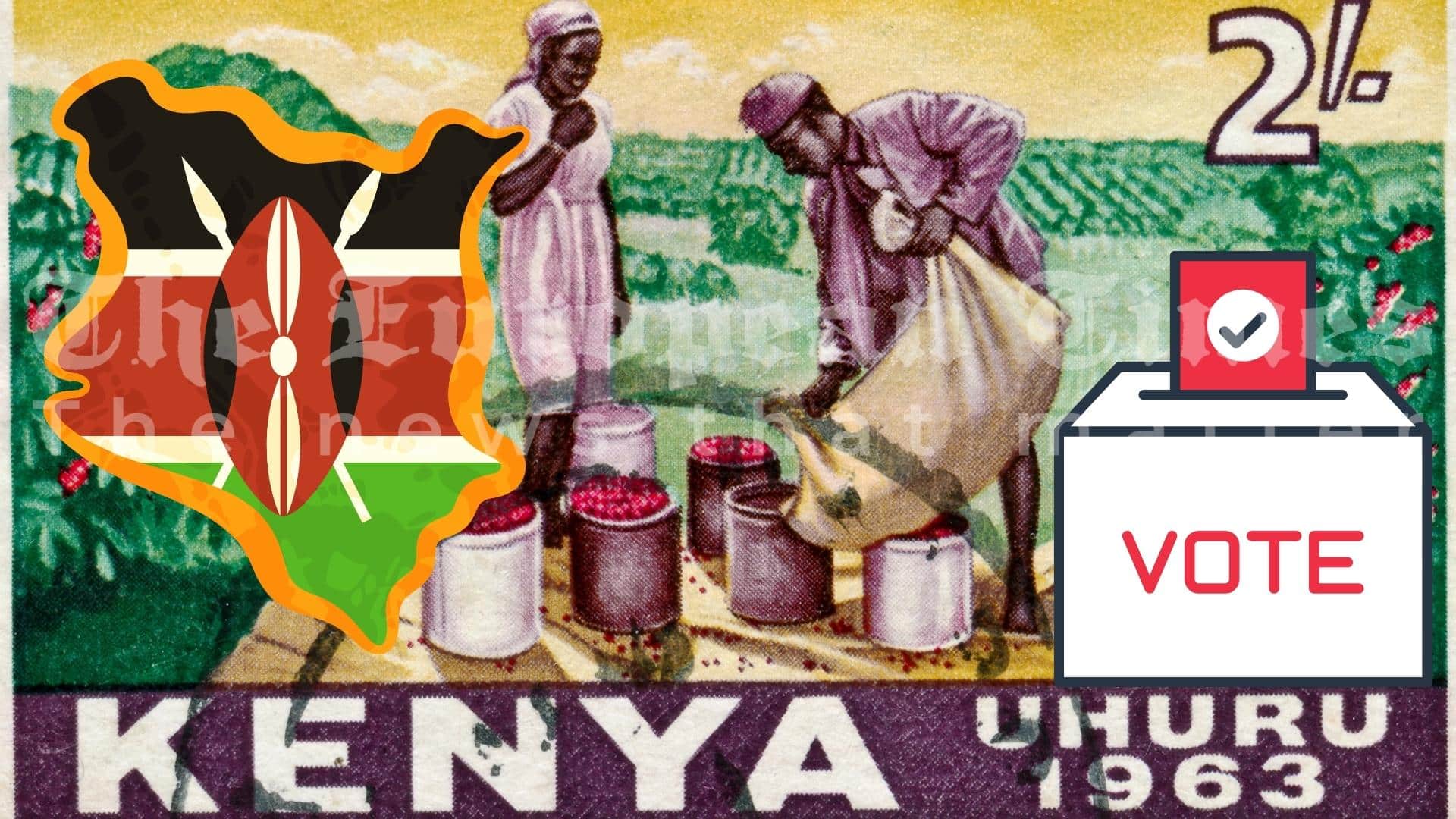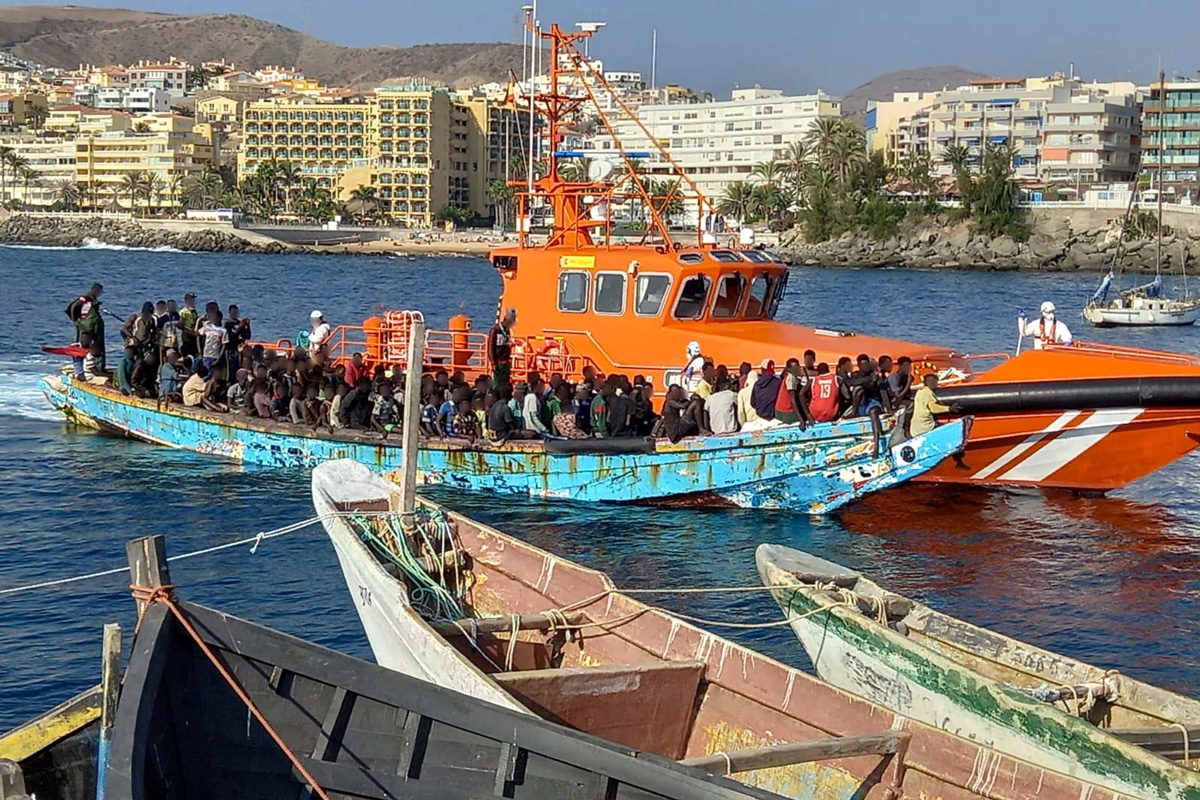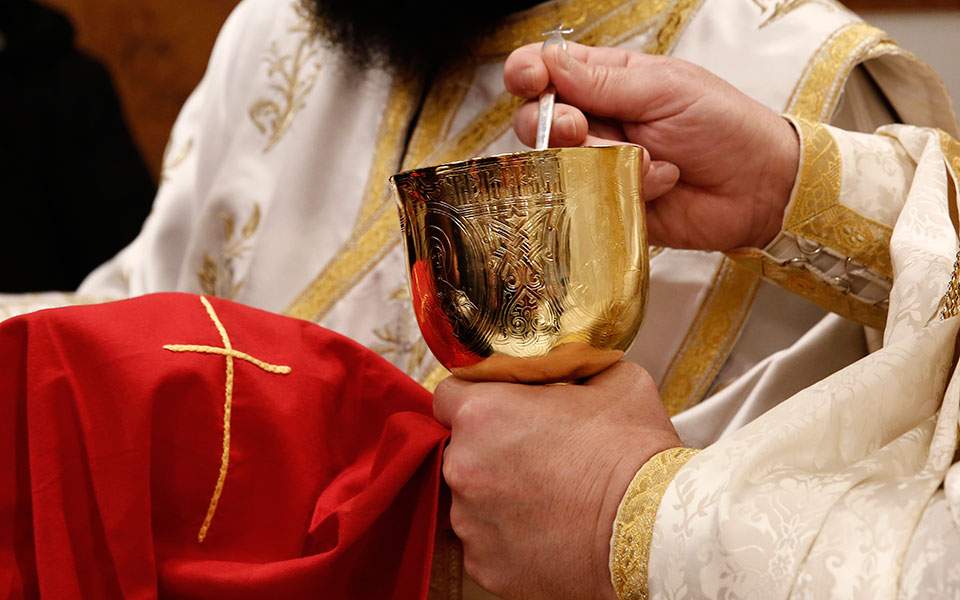By Prof. George Mantzaridis, Prof. Emeritus, Aristotle University of Thessaloniki, Greece
Christians have a general awareness of the need for the Church’s participation in examining and solving social problems. This is natural, because the goal of the Church is not to remain on the periphery, but to turn to man in all aspects and manifestations of his life. Only in this way does the Church serve people according to the example of Christ, who did not come to be served, but to serve and to offer His life “a ransom for many” (cf. Matt. 20:28; Mark. 10:45).
The position of the Orthodox Church. At the same time, however, there are significant differences between the Orthodox Church and the Christian denominations in the West in the consideration of social problems. The Orthodox Church does not approve of the creation of a special attitude to social life, as it is in Roman Catholicism and to some extent in Protestantism. On the other hand, this is in complete agreement with the New Testament teaching and with the Tradition of the Council Church. Protestant social ethics, as well as Roman Catholic social teaching, have no analogue in the Orthodox theological tradition. This is not due to any external reasons, but to the very nature of the Church. The Orthodox Church does not consider the moral or social life of man by means of a special attitude, because this inevitably leads to his relative or absolute alienation and autonomization. It uses a system of relating only to God, Who is the absolute truth. This system is symbolic in nature and is maintained by denying itself and reconstituting itself in the experience of the saints.
Denial and acceptance. Approaching the truth of things is possible not through concepts and theories, but through killing and destroying the delusion that the senses and reflections create: “Everything that appears to the senses needs the Cross (…) and everything that can be achieved by the mind wants the Grave” [1]. Total renunciation and total acceptance of the world are summed up here. Social problems are also considered in a similar way. The position of the Church towards them can be defined as both cataphatic and apophatic. It is cataphatic, because the Church examines social problems in the spirit of service to people, but at the same time it is also apophatic, because it does not stop believing that only “one thing is needed”. Even the pursuit of some ultimate goal does not justify indifference to the everyday, just as caring about the everyday does not justify the neglect of some ultimate goal. Delineating the golden mean in each individual case is a prudent work that must be done “through knowledge and understanding of all things” (Phil. 1:9).
Transforming the world. Christ does not give the world new ways of organizing social life, but gives His renewing grace. The church is not a social organization, but a place for the manifestation of God’s grace. The purpose of the Church is not to perfect the world, but to offer God’s renewing grace, but by offering this grace, it does not improve the world externally, but transforms its very essence. Finally, this transformation must be found above all in the communities of believers themselves, i.e. in the local churches. When these communities are not transformed, when the problems that plague the world do not find their solution in them – at least partially, or even more so when the problems manifest themselves more strongly in them than in the world, then naturally they cannot have a positive impact on the world. At the same time, however, it must not be forgotten that the goal of the Church as a God-human community is not to restore paradise to the world. The search for paradise in a fallen world speaks of an affirmation of original sin and always leads to defeat.
Personalities and Structures. The evil that afflicts people and causes social problems is created not by things but by persons. Persons create evil not only when they directly commit it, but also when they are indifferent to good. Therefore, evil can only be truly overcome on a personal, i.e., spiritual level. Moreover, social problems are always related to the moral and spiritual problems of man.
In the New Testament and in the Orthodox Tradition, the priority of the person in relation to things and impersonal institutions dominates. The main social principle of the Church – charity, also has a strongly personal character and is based on the love of humanity that God shows to man [2]. At the same time, however, evil, as well as good, is objectified in the structures of social life, which help to confirm and perpetuate it. The initiators of social reforms emphasized the importance of these structures, coming to identify evil with them. Thus the notion that the problem of social evil was a problem of structures was confirmed. Through this understanding, movements were created that had as their exclusive goal the reversal and change of social structures.
The cause of evil. However, experience proves that the structures and systems of social life cannot be approached and opposed to the cause of evil, which has metaphysical dimensions. On the other hand, evil can be perpetrated in the most just structures, just as good can be manifested in the most unjust structures. Finally, evil is not infrequently committed under the pretext of enforcing justice or restoring just situations. In politics, social justice is often maintained at the cost of human freedom, or human freedom is upheld at the cost of social injustice and arbitrariness. The intervention of the impersonal institutional factor is unable to eliminate evil. Evil springs from the abuse of freedom and appears in the body of good. Therefore, evil is not limited to specific states of the present reality, nor does it maintain stable forms, but constantly creates new situations and often presents itself as an “angel of light” (2 Cor. 11:14). At the level of the present world, however, good also can never acquire a complete character. At the level of the present world, good appears sporadically, and therefore the search for it, as well as the attempt to realize it at this level, is associated with oppositions and conflicts.
The importance of structures. However, the importance of the structures of social life in promoting good and restraining evil should not be overlooked. The structures that manifest and dominate injustice oppress man and erode social life. Especially in our age, when pressure is exerted on the primary social bonds and they give way to impersonal social structures that seek to cover the whole spectrum of social relationships, the interest in these structures becomes obvious. This creates an additional problem that requires a special approach and a special attitude. Therefore, the believers’ indifference to the horizon of social structures with their constantly increasing importance testifies to a lack of “knowledge” and “understanding” (cf. Phil. 1:9). Christian love cannot be indifferent to the unjust structures and projects of social life that create and reproduce social problems. Of course, these problems are solved through politics, but in turn, it cannot function properly if it is devoid of spirit and ethos. Today, this truth is becoming clearer. On the other hand, the unitization of man and the mechanization of social life and social relationships lead to a strong need to revitalize impersonal institutions and ordinary relationships through respect for the individual and the feeling of love.
The priority of the individual. The Church does not personify institutions, nor does it turn individuals into machines, but seeks to affirm individuals within institutions and beyond them. However, the concern for changing unjust structures cannot leave the Christian, as a living member of society, indifferent. After all, the struggle against unjust structures is a spiritual struggle and is directed “against the principalities, against the powers, against the worldly rulers of the darkness of this age” (Eph. 6:12). Behind unjust institutions is the spirit of the wicked. Therefore, Christians are also obliged to take care of solving the problems created by the way of organization of social, economic and political life. Social injustice, tyranny, exploitation, war, etc., are important issues that believers naturally care about. However, the interest in them cannot be fully justified if it does not help the person to improve as a person “in the image of God”. When man limits himself to the social level without going to the level of ontology, he inevitably fails.
The space of the Church. Man becomes whole when he is perfected in the image of the triune God. This perfection is not postponed for the future life, but is already achieved in the present one, because entering the Kingdom of God does not take place in the future, but begins in the present. The church is the space in which man is mysteriously introduced into the Kingdom of God, but at the same time it is also the space in which his perfection is cultivated. The church is not some system, but a God-human community that mysteriously brings salvation and renewal to the world. But since church life in our age has acquired a too conventional character, it is necessary to form living church nuclei that function according to the evangelical spirit as “light of the world” and “salt of the earth” (cf. Matt. 5:13- 14) and to be centers for wider evangelization.
The problem of fair distribution. One-time-but with this the Church is called to deal with social problems. This cannot be done if it does not start from specific individuals who experience these problems as their own and feel their personal co-responsibility. The unfair distribution of material goods and development funds, which undermines normal coexistence and causes social contradictions, is a vital problem for the Church as well. However, the burden falls mainly on awakening a sense of social justice. When one knows that an insignificant minority of people have the largest part of the means of development and economic goods, while the majority are deprived of the basic benefits of civilization and suffer from malnutrition or die of hunger, one cannot remain indifferent. Thus, the richest 1/5 of the world’s population has 86% of the world’s gross product, while the poorest 1/5 has only 1% [3]. Awareness of this injustice is also the first step to overcoming it. The second step is taking measures to restore social justice. Of course, this cannot be done by individual efforts alone. More large-scale measures and institutional changes are needed, in which the Church is called to play a primary role.
The other problems. Apart from the problem related to the fair distribution of wealth, there are other serious or even more serious problems in modern society. As such, one can mention the problems related to wars, refugees, drug trade, unemployment, nationalism, philetism, minorities, violence, organized crime, mass disorientation, disinformation, political destabilization, etc. These problems are not always and not everywhere they have the same shape, nor do they appear with the same intensity. However, their timely identification and resolution by the Church is of great importance.
The latest theological currents. The new theological currents are particularly well-intentioned towards pointing out and addressing contemporary life problems of the so-called Third World. Western Christianity’s excessive focus on cataphatic theology and unstoppable secularization led to the theology of the death of God and dialectically challenged the theology of revolution and other contemporary theologies. Characteristically, the theology of revolution succeeded both chronologically and logically the theology of the death of God. After all, the theology of the revolution tries to resurrect the dead or impotent God in its view through the dynamic political mobilization of man. In other words, since man does not feel God’s presence in the world as he himself understands it, and since he does not see justice reigning, again as he understands it, he considers it his duty to intervene. This theology evolved into liberation theology as well as other modern secularized theological currents.
The founders of these theological currents tried to present the Christian faith in a way that corresponded to the mentality and expectations of modern people, as they were developed by the spirit of the Renaissance and the Enlightenment. It is obvious that all these theological currents, which together can be defined as the theology of the general fall (theology of the death of God, of hope, of revolution, of liberation…), are categorically determined by the conceptions and aspirations of their founders. In almost the same perspective, the so-called contextual theology enters.
As much as these theological currents are a response to some specific needs, by removing rigid understandings of the past and by emphasizing Christian vital truths, they continue to have an eclectic character and a secular orientation. They do not consider the horizontal relationship based on the vertical relationship, but rather the vertical relationship based on the horizontal relationship. Moreover, they do not present the New Testament in its entirety, but selectively. Their common element is the neglect of the meaning of the Cross and the Resurrection and the absolutization of immediate social givens.
Consequences of globalization. Globalization favors the penetration of religious syncretism and the creation of new forms of social problems. The globalization of the economy in modern society is directly related to the globalization of the exploitation of the weak by the economically strong. In turn, the globalization of this exploitation leads to the globalization of the resistance of the weak. In this context, there is also the globalization of terrorism, which in turn causes the globalization of security measures and rules. In this way, the globalization of political power, which the world superpower is mastering and pushing, is confirmed. On the other hand, this superpower has already taken care to globalize political power and dictate directly or indirectly to other countries the policies they should follow.
Notes
1. St. Maxim the Confessor. Theological and homemaking chapters, 1, 67. – PG 90, 1108B.
2. For more details, see: Γιούλτση, Β. Θεολογία καὶ διαπροσόποσεικής κατα τὸν Μέγαν Φώτιον. Thessaloniki, 1974, σ. 122; Μαντζαρίδη, Γ. Κοινωνιολογία τοῦ Χριστιανισμοῦ, σ. 339.
3. For a more detailed presentation of the global economy in our era, see in: Human Development Report 1999, 2000. United Nations Development Programme, New York, Oxford.














